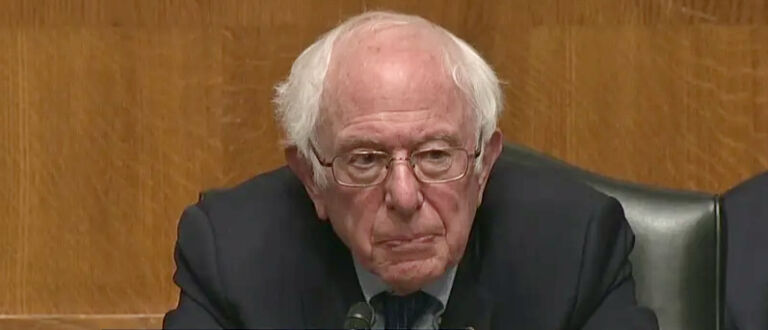Recently, California Governor Gavin Newsom shared a new idea for how the state can address its ever-growing homeless population: doctors’ prescriptions for housing. JLF’s Jordan Roberts examined the plan and its similarities with public health policies in North Carolina in a research brief this week. Roberts quotes the Washington Examiner:
Madison Dibble from the Washington Examiner reported:
“In a series of tweets on Friday, the Democrat argued healthcare and homelessness are not separate problems. He suggested doctors should be able to prescribe a place to stay if they are treating a mentally ill person who does not have stable housing.
‘Doctors should be able to write prescriptions for housing the same way they do for insulin or antibiotics,’ Newsom said. ‘We need to start targeting social determinants of health. We need to start treating brain health like we do physical health. What’s more fundamental to a person’s well being than a roof over their head?’”
North Carolina has not gone as far as to recommend prescriptions for housing, but it has made attempts to address the social determinants of health. Roberts writes:
Traditionally, Medicaid funding can’t be used for non-medical spending. But in 2018, the federal government approved a waiver that granted North Carolina the ability experiment with a “Health Opportunities Pilot” under its transition to Medicaid managed care… CMS approved the Healthy Opportunities Pilot for the following purposes:
The Healthy Opportunities pilots will test the impact of providing selected evidence-based interventions to Medicaid enrollees. Over the next five years, the pilots will provide up to $650 million in Medicaid funding for pilot services in up to three areas of the state that are related to housing, food, transportation and interpersonal safety and directly impact the health outcomes and healthcare costs of enrollees.
North Carolina also made a previous attempt at addressing this issue. Roberts explains:
Launched in 2019, NCCARE360 is a digital platform that health plans and providers can access to connect patients with non-profit organizations that provide community resources for the needy. The goal of the system is to provide a centralized location for all non-profits to refer patients more efficiently and allow for tracking of resource referrals to ensure the patient received the service.
I wrote about NCCARE360 back in October of 2018 for the John Locke Foundation blog. Our concern then was that by creating this new state system to incorporate and connect the work that is currently done by non-profits, there would be a chance that the ongoing services provided would be bureaucratized through state coordination.
Read the full brief here. Learn about the concerns of North Carolina’s Medicaid system here.

